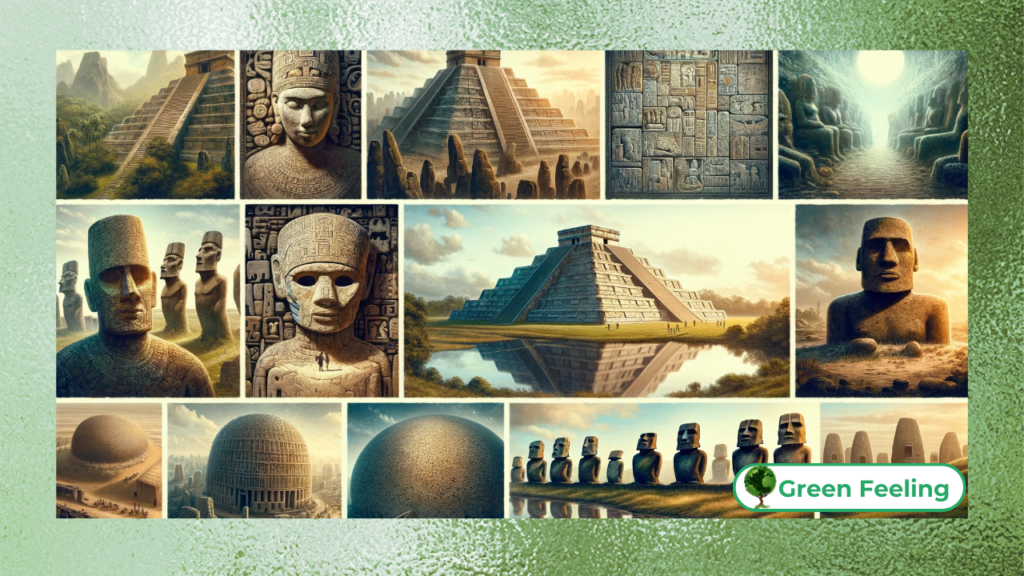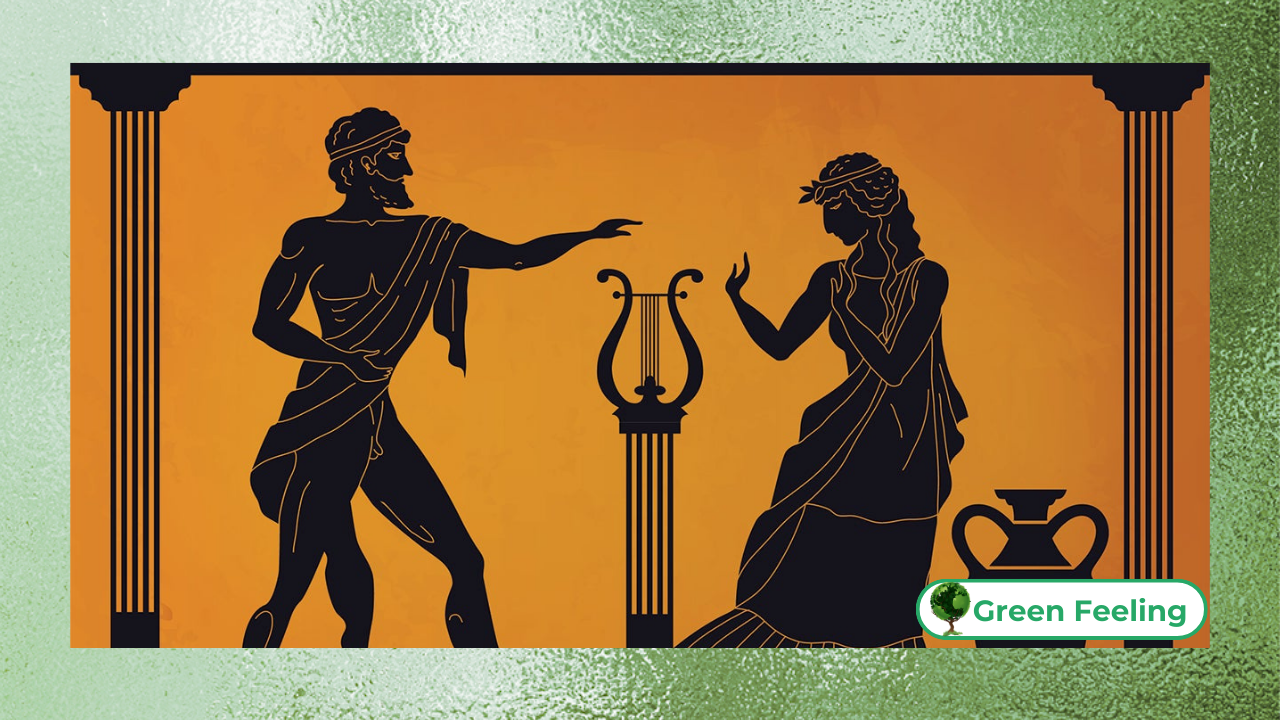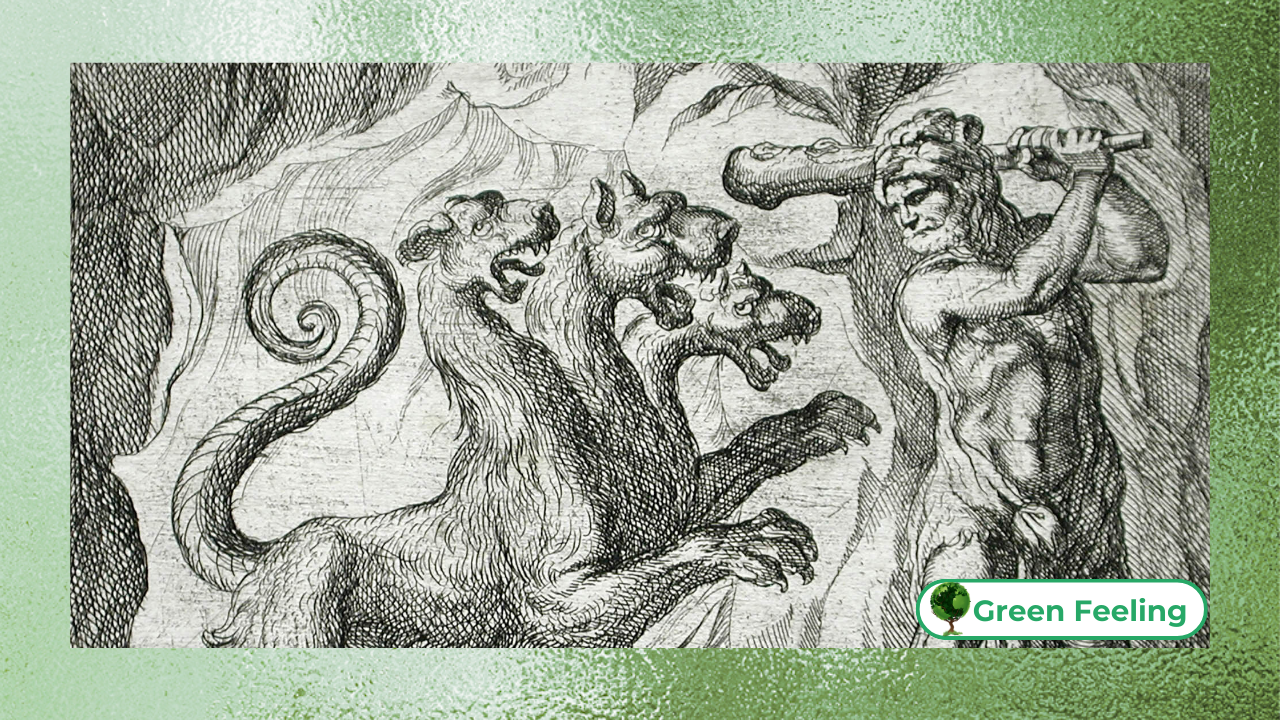Unraveling the Mysteries of the Lost Civilization
The myth of Atlantis has captivated imaginations for millennia.

First mentioned by the Greek philosopher Plato around 360 BCE, Atlantis was described as an advanced civilization that vanished beneath the waves in a catastrophic event. While some consider it a fictional allegory, others believe it could have been a real place, lost to time.
This article delves into the origins of the Atlantis myth, explores scientific and pseudoscientific theories about its existence, and examines why the legend continues to resonate across cultures.
The Origins of the Atlantis Myth
Plato’s Account
The story of Atlantis comes primarily from Plato’s dialogues, Timaeus and Critias. According to Plato, Atlantis was an advanced society located “beyond the Pillars of Hercules” (modern-day Strait of Gibraltar). It was described as a utopia, with sophisticated architecture, advanced technology, and an ideal political system.
Atlantis’ downfall came when its people became greedy and corrupt, angering the gods. As punishment, the island was swallowed by the sea in a single day and night.
+ Norse vs. Greek Mythology: The Power of Earth and Heaven
Key Details from Plato’s Description:
| Feature | Description |
| Location |
Beyond the Pillars of Hercules (Atlantic Ocean)
|
| Size |
Larger than Libya and Asia combined
|
| Society |
Highly advanced in technology and governance
|
| Downfall |
Punished by gods for moral decay
|
Theories About Atlantis
Historical Basis
Some historians and archaeologists suggest that Plato’s Atlantis might have been inspired by real events or civilizations.
- The Minoan Civilization:
The Minoan civilization, based on the island of Crete, was one of the most advanced societies of the ancient world. A volcanic eruption on the nearby island of Thera (Santorini) around 1600 BCE could have caused massive tsunamis, leading to the Minoan decline. - The Santorini Eruption Theory:
Geologists point to the eruption of Thera as a potential source for the Atlantis story. The destruction caused by the eruption and subsequent tsunamis aligns with Plato’s description of a cataclysmic event.
External Link Suggested:
Geological Evidence
Some scientists speculate that certain submerged landmasses, like the Doggerland in the North Sea or the Bimini Road in the Bahamas, could be remnants of a lost civilization. However, definitive evidence connecting these sites to Atlantis remains elusive.
Cultural Interpretations
The story of Atlantis has also been interpreted as a metaphor for human arrogance. Many scholars believe Plato intended Atlantis as a cautionary tale, warning against the dangers of overreach and moral corruption.
Atlantis in Popular Culture
The enduring allure of Atlantis has influenced literature, movies, and even pseudoscientific studies. From the works of Jules Verne to Disney’s Atlantis: The Lost Empire, the myth has evolved into a cultural phenomenon.
Symbolism in Modern Media
Atlantis often represents human ambition, hubris, and the consequences of ecological and moral mismanagement. Its narrative serves as both a cautionary tale and a source of inspiration.
Pseudoscientific Fascination
Atlantis is frequently associated with speculative theories, such as alien intervention, advanced ancient technologies, and mystical energies. These ideas, while lacking scientific backing, add to the myth’s appeal and keep it alive in the popular imagination.
Criticisms and Skepticism
Academic Views
Most historians and archaeologists view Atlantis as a fictional allegory rather than a historical account. They argue that Plato used the story as a metaphor to discuss morality, governance, and the dangers of imperialism.
| Scholar | Argument |
| Aristotle |
Plato alone invented Atlantis to illustrate his ideas.
|
| Dr. Ken Feder |
Atlantis is a myth that reveals more about human imagination than history.
|
Pseudoscientific Theories
Despite skepticism, Atlantis remains a favorite subject for alternative historians and conspiracy theorists. Claims range from extraterrestrial connections to advanced technologies that rival modern innovations.
External Link Suggested:
Why Does Atlantis Endure?
The myth of Atlantis endures because it taps into universal themes: the search for utopia, the fear of catastrophe, and the mysteries of the unknown. Atlantis symbolizes humanity’s dual potential for greatness and self-destruction.
Cultural Legacy
- Connection to Environmental Issues: Atlantis is often referenced in discussions about climate change and rising sea levels.
- Exploration and Discovery: The idea of lost worlds inspires scientific exploration, from underwater archaeology to space missions.
Timeless Appeal
Atlantis continues to intrigue because it represents a bridge between mythology and science. Its story invites us to ponder existential questions about humanity’s resilience, ambition, and capacity for renewal.
+ African Mythology: Spirits of the Earth and Mystical Creatures
Conclusion
The myth of Atlantis is a tapestry of fact, fiction, and endless speculation. Whether a metaphorical warning or a record of a real event, its story transcends time, continuing to inspire debates, creativity, and curiosity.
Atlantis offers insights into the human condition, highlighting our unyielding pursuit of knowledge and our fascination with the unknown.
It reflects both our aspirations for utopia and our fears of self-inflicted destruction.
Today, as we confront global challenges like climate change and societal inequality, the story of Atlantis takes on renewed relevance.
If Atlantis was indeed a real civilization, its loss is a stark reminder of the fragility of societies. Advanced as it may have been, its downfall exemplifies the potential consequences of hubris, moral decay, and ecological neglect.
Beyond its cautionary implications, Atlantis also embodies hope and exploration.
It inspires archaeologists to search for forgotten histories, motivates storytellers to weave new narratives, and encourages us to dream of uncharted worlds.
Even if Atlantis never existed, its story resonates deeply, reminding us that myths hold truths that science and history alone cannot capture.
For those intrigued by the mysteries of Atlantis, the journey is as valuable as the destination.
Exploring this ancient myth allows us to reconnect with our past and imagine the future, a future where lessons from stories like Atlantis guide us toward harmony and sustainability.
Further Reading Suggestions:






